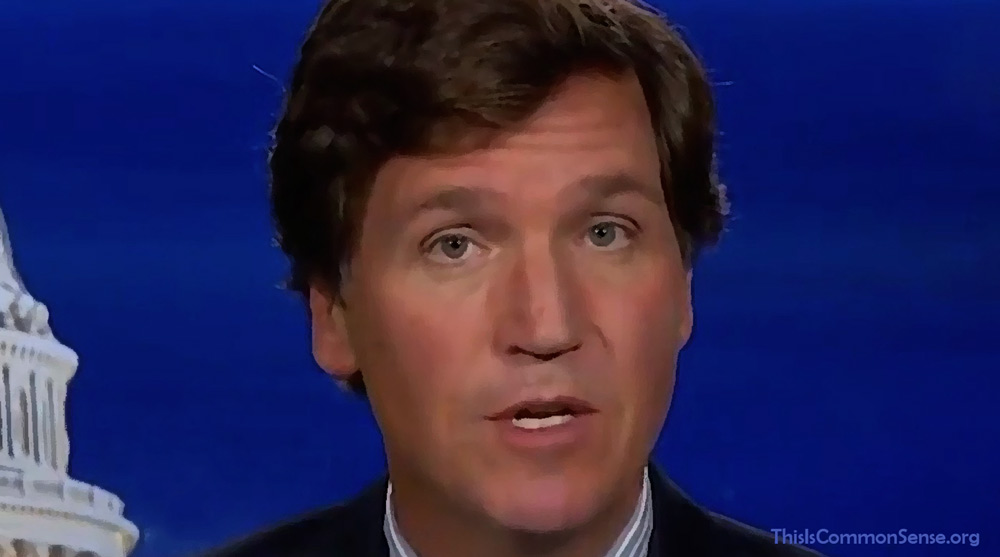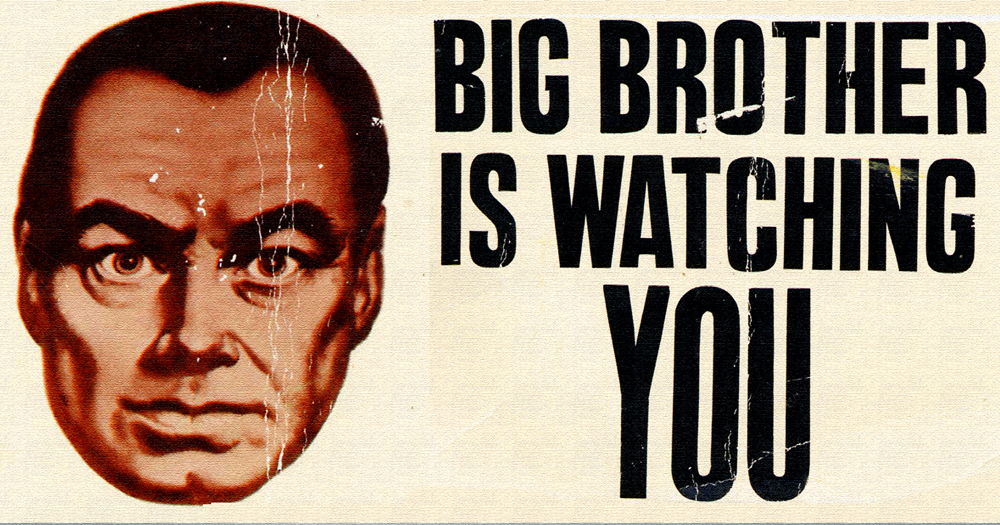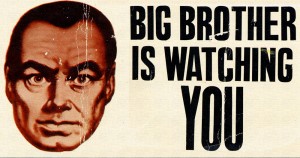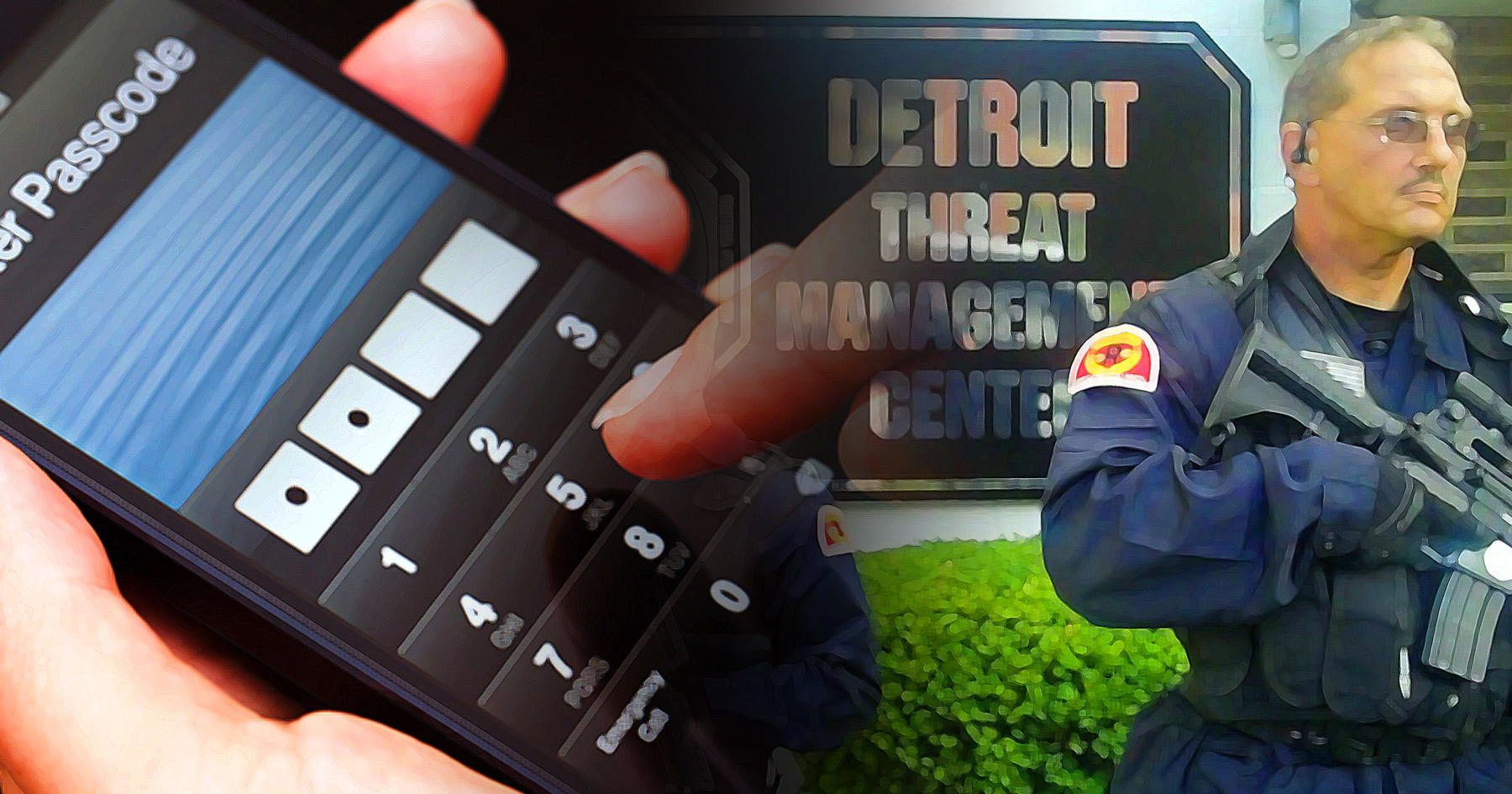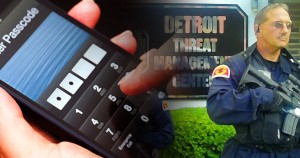“The Biden administration is spying on us,” Fox News host Tucker Carlson told his Monday night audience.
“On Sunday, we heard from a whistleblower within the U.S. government, someone with direct knowledge, who warned us the NSA was reading our electronic communications, our emails and texts,” he explained, “and was planning to leak them selectively in an effort to hurt us.”
Quite an explosive allegation.
“[T]he evidence for this claim is lacking,” a Vox story argued, adding that “on Tuesday the NSA took the unusual step of releasing a carefully worded statement denying it.”
Carlson quickly responded that there was no actual denial in the NSA’s verbiage. Huh? Referring directly to Carlson’s charge, the National Security Agency’s statement read, in part: “This allegation is untrue.”
Awfully clear to me. In fact, so straight-forwardly worded that I wonder if the writer is new to Washington, D.C.
Of course, the problem isn’t really one of language.
The problem? Trust.
Back in 2013, James Clapper, then-President Barack Obama’s Director of National Intelligence, was asked under oath if the NSA “collected any data at all on million of Americans.” Clapper lied to Congress. He has never been held accountable for making that knowingly false statement.
Carlson showed viewers 2006 footage of then-Senator Joe Biden voicing concerns about NSA spying. “And we’re going to trust the president and the vice-president of the United States that they’re doing the right thing?” inquired Biden. “Don’t count me in on that.”
On Tuesday, Carlson contended “the NSA does routinely spy on Americans. It won’t call it spying — that’s exactly what it is. Millions of Americans. And sometimes it does it for political reasons. And everyone knows this. Everyone.”
But many still deny it.
This is Common Sense. I’m Paul Jacob.
Note: Today’s Thought about lying in the old Soviet Union is relevant to the “everybody knows”/“everybody denies” mentality. Share it far and wide. This wasn’t a feature of America three decades ago, was it?
—
See all recent commentary
(simplified and organized)
